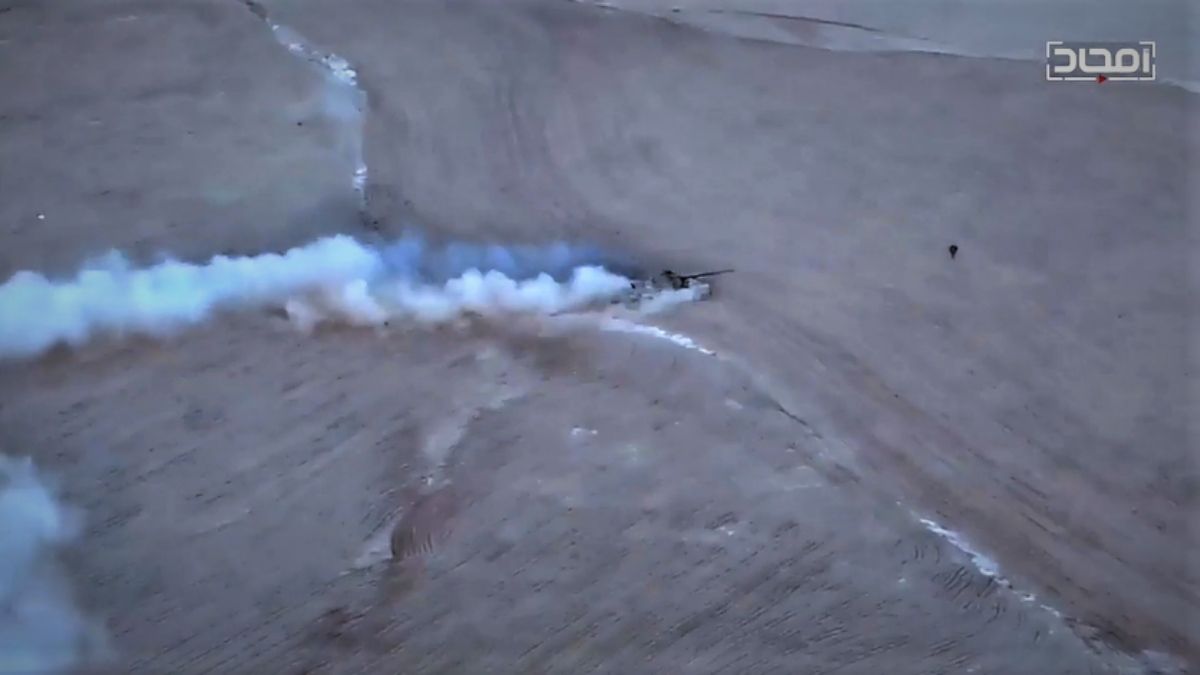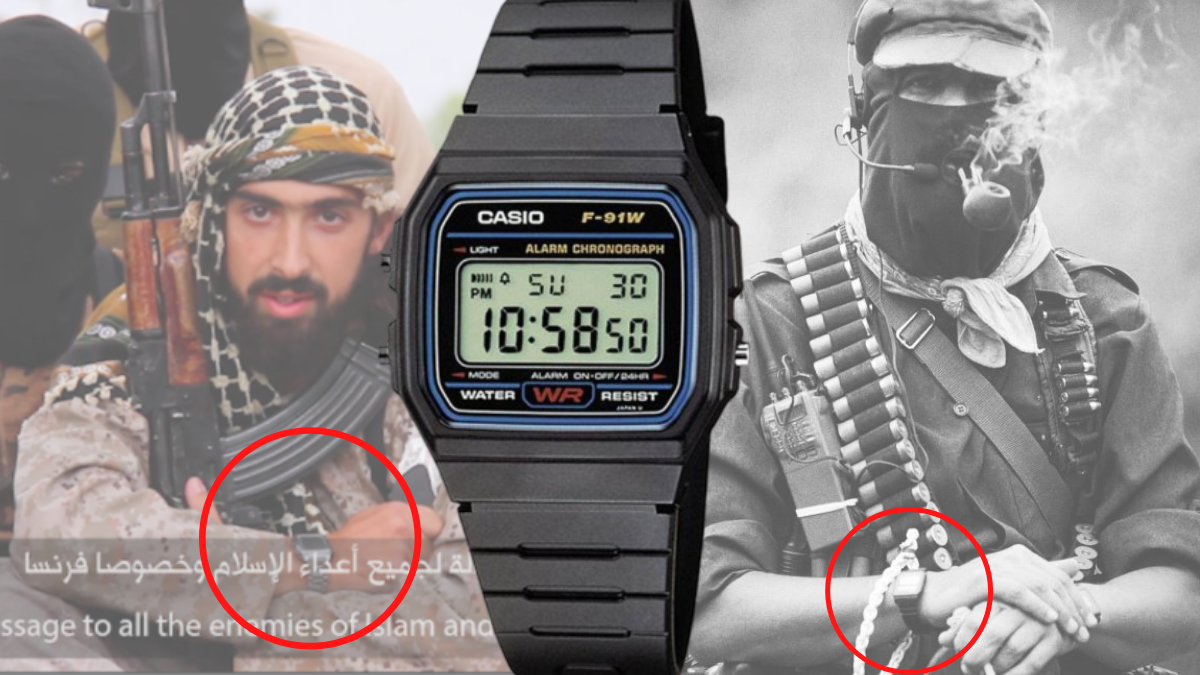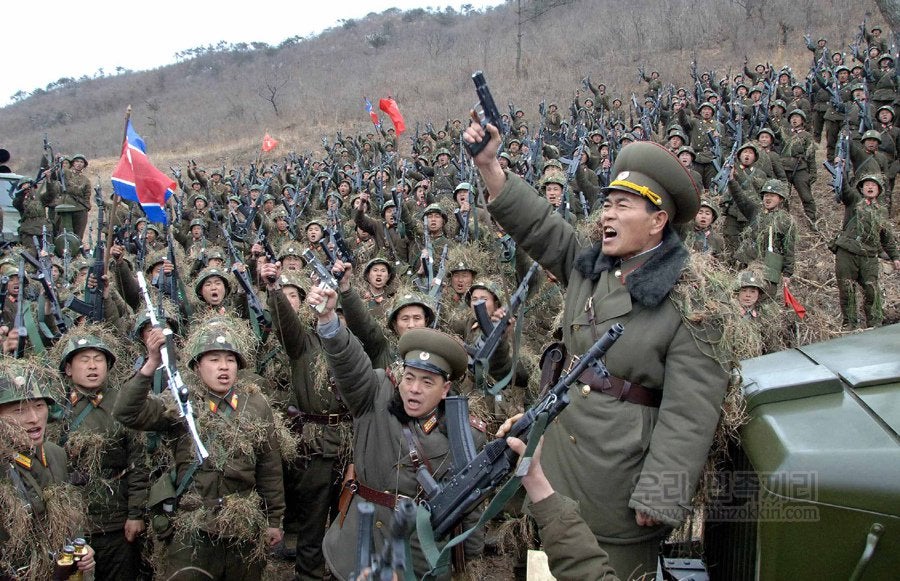The greatest fear for any service member is to be brought before a court-martial under the UCMJ (Uniform Code of Military Justice). For those who think about being faced with a military court and, as a possible result, being sent to prison, no longer wearing a military uniform, it is a nightmare to imagine. Upon facing the situation of a court-martial, the service member will be overwhelmed by the number of essential questions and problems that cross their mind. They are aware that its effect will be very significant. This article mainly deals with and provides answers to some of the most common questions that a service member accused of a crime may have. It plunges into delicate issues such as penalties to be suffered, the rights of the accused, the process of a General Court Martial, actions the charged military personnel should take, and the implications of a conviction.
- What are the potential punishments if convicted at court-martial?
The sentencing at court-martial depends on the type(s) of specific offense(s) charged and the findings of the case. It is, therefore, important to choose quality legal representation, like the court-martial lawyers at Military Law. When hiring a lawyer, make sure to consider the following qualities:
- Their experience in military law
- Their familiarity with the Uniform Code of Military Justice
- Their success rate in court-martial cases
- Their ability to advocate effectively for you
First and foremost, pick the counsel who will be a vocal advocate of your rights and who will make a sound closing argument on your behalf at a court martial.
Possible penalties include:
- Confinement – This means time in military prison. The length can range from a few months to several years or even life, depending on the conviction.
- Dishonorable or bad conduct discharge – These shameful discharges permanently brand a service record. A dishonorable discharge is only given after convictions for the most serious offenses.
- Demotion – The court martial can demote an officer or reduce an enlisted member’s rank. This causes a significant loss of status, privileges, and pay.
- Fines and forfeiture of pay – Fines are capped at the total amount of two-thirds of one month’s base pay. Ongoing forfeiture of pay is also a common penalty.
- Reprimand – After minor convictions, written reprimands may be given as punishment to impact future promotions and assignments.
- What rights does the accused have?
Military members maintain important rights during the court martial process, including:
- Right to an attorney – Military defense counsel will be appointed free of charge. The accused may also retain civilian counsel at their own expense.
- Right to see evidence – Prosecutors must share all evidence against the accused so that the defense can properly prepare.
- Right to call witnesses – The defense can compel witnesses to testify on the accused’s behalf.
- Right to trial by court-martial panel – Cases are usually heard by a panel of officers and enlisted members rather than a single judge.
- Right to appeal – All court-martial convictions can be appealed to higher military authorities.
- What is the court martial trial process?
While complex, the basic phases of a court martial trial include:
- Indictment – The charges and detailed accusations are formally given to the accused. The prosecution and defense give evidence and interview witnesses.
- Arraignment – Pleas of guilty or not guilty are entered by the accused on all counts and specifications.
- Trial – Both the prosecution and the defense present testimony and evidence, make arguments, and the juries come up with findings and sentences if the accused is found guilty.
- Post-trial – A transcript is made, and both parties can appeal. The findings and sentences are then scrutinized by the authority that convoked the trial.
- What should an accused service member do?
The accused should immediately consult their detailed defense counsel and discuss options like:
- Pleading guilty – This may shorten the process and result in a lighter punishment. The defense counsel negotiates for the best terms.
- Pleading not guilty – Counsel builds the strongest case possible and capitalizes on any weakness in the prosecution’s evidence.
- Raising motions – Defense counsel can raise important pretrial motions on issues like improper searches, lack of evidence, etc.
- Calling witnesses – Present favorable witness testimony to fight allegations. Gather sworn statements.
- Testifying or remaining silent – The accused has the right not to take the stand, if that is preferable.
- Making a plea deal – Agree to plead guilty in exchange for lesser charges or punishment concessions from prosecutors.
- What impact will a court-martial have?
The consequences of a court-martial conviction vary based on factors like:
- The seriousness of charges – Minor offenses may merely postpone a career, while major ones end it
- Publicity – Notable cases attract media coverage that amplifies reputational damage
- Loss of benefits – Convicted military personnel have their pay, allowances, health care, and retirement benefits taken away
Conclusion
Going through a court martial is a defining moment for military personnel, with potential consequences reaching every aspect of their lives, from their professional trajectory and personal relationships to their finances, liberty, and standing in the eyes of their peers.
It is crucial for service members to fully comprehend the proceedings and actively work with a seasoned trial defense lawyer in the military justice system in order to achieve the most favorable resolution. Despite the gravity of the situation, it is important to remember that those facing charges still possess critical rights.ng charges
still possess critical rights.











